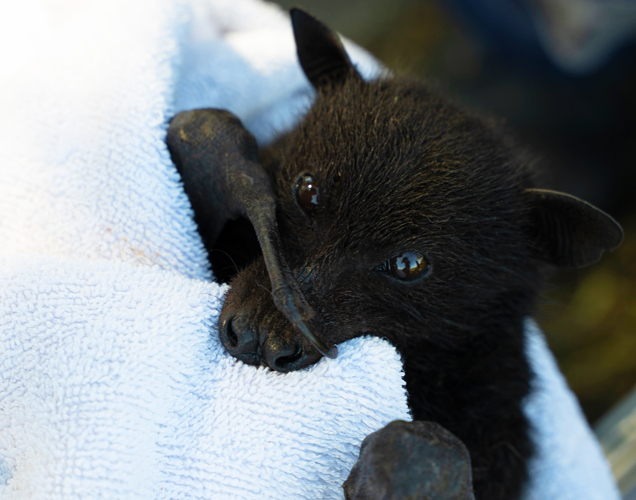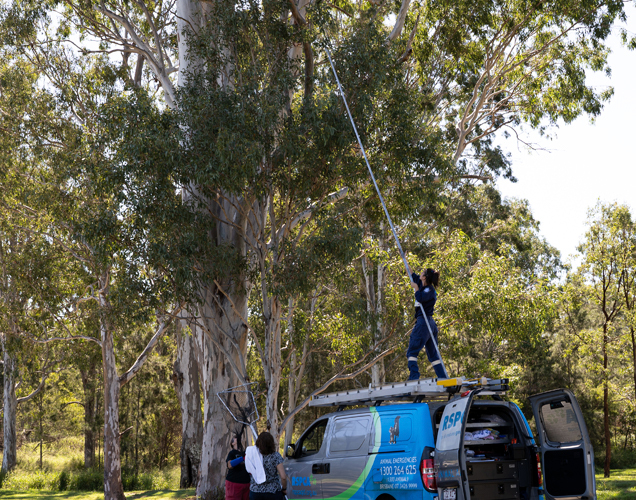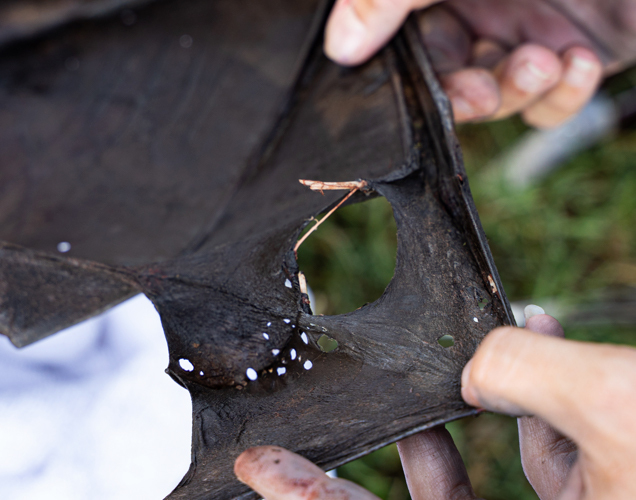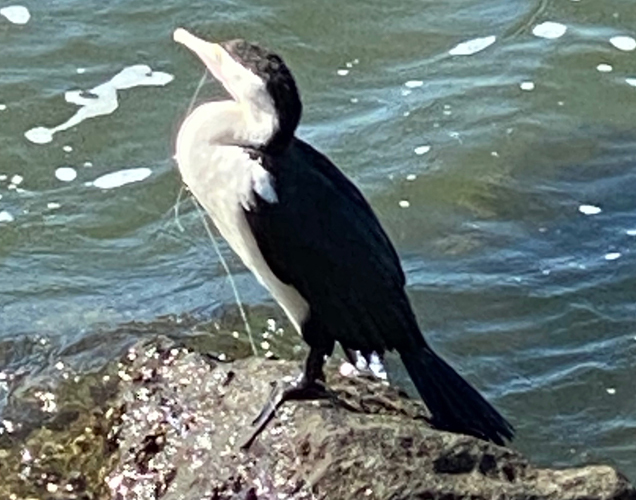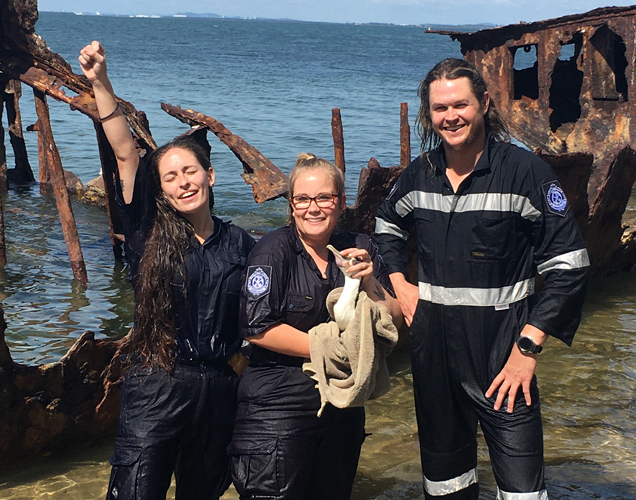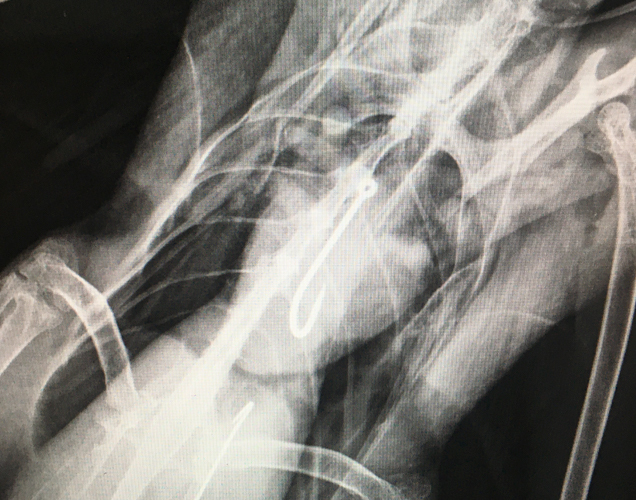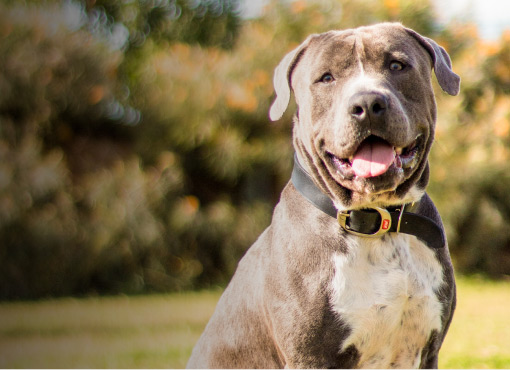Every year the RSPCA Animal Rescue Officers respond to 30,576 calls with the majority of those being wildlife calls. Some of these calls are for animals who need a simple helping hand but, for the most part, these issues are due to human inflicted cruelty, intentional or not.
- Shop Online
- News & Events
- Blog
- Contact
- Seen an animal in distress? Call 1300 ANIMAL(264 625)
-


